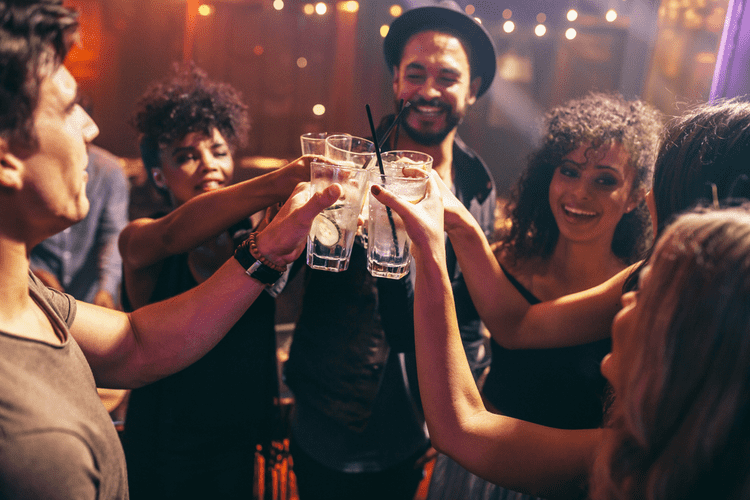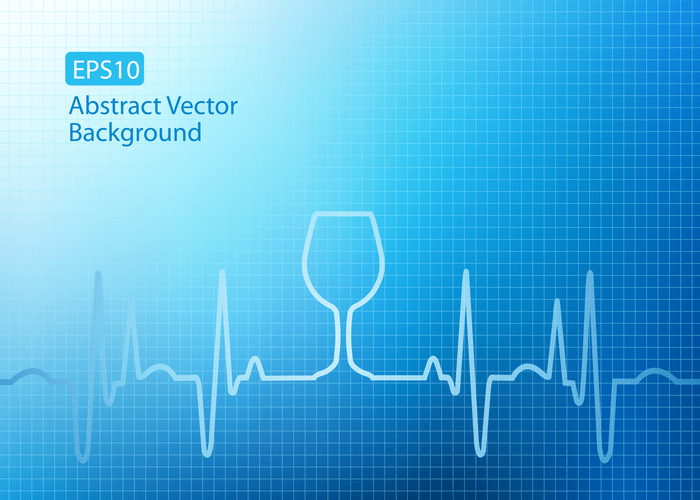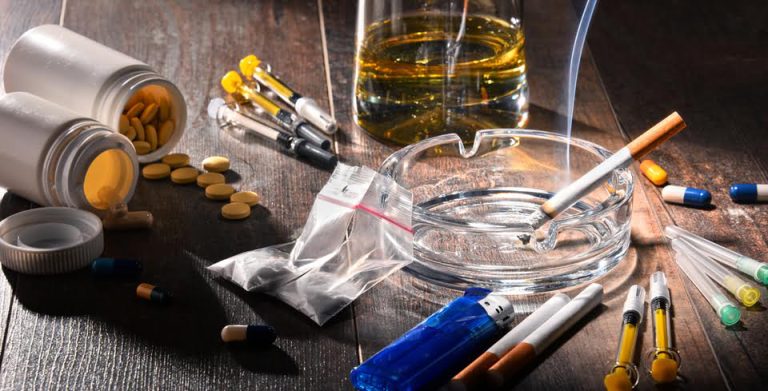When you’re hungover, you’re experiencing this rebound effect—the good stuff has tanked and the bad stuff is very present. Lastly, there are a variety of support groups for those who struggle with alcohol and other drugs. Some of them promote sobriety while others have a harm reduction approach. And because alcohol drains the brain of both dopamine and gamma-aminobutyric acid (our “safety” neurotransmitter), we’re left with “little of our own, natural chemistry to create senses of pleasure or hopefulness,” Goodwin says. If you are concerned https://clomidxx.com/baby-born-without-an-immune-system-is-finally-allowed-home/ that you or someone you care about has a problem with alcohol there is a lot of help available.
Antidepressants and alcohol: What’s the concern?

There is a strong link between alcohol use and depression, a mental health condition that includes feelings of hopelessness, emptiness, fatigue, loss of interest, and more. But does regular drinking lead to depression, or are people with depression more likely to drink too much alcohol? Many studies have found that alcohol dependence is closely linked to depression. When it comes to diagnosing an alcohol use disorder and a major depressive disorder, it’s important to address them simultaneously, as they can significantly impact your recovery. So many members of our community, including myself, have had harmful experiences with healthcare providers when seeking care for vulnerable issues. Please know that everyone here at FOLX genuinely wants to help you in a supportive and non-judgmental way.

Does alcohol make depression worse?

Advanced treatment includes uncommon but http://www.russsia.ru/vse-o-svadbe/svadebnyie-sapozhki-40.html effective methods in treating depression. These feelings may develop after a difficult life experience like losing one’s employment or a difficult breakup from a romantic relationship. These are life events that result in a variety of feelings, with sadness being a significant factor for them. Get professional help from an online addiction and mental health counselor from BetterHelp. By Sarah Bence, OTR/LBence is an occupational therapist with a range of work experience in mental healthcare settings.
Medication
It’s very normal to feel irritable or just generally “meh” when you haven’t slept—alcohol or no alcohol. Alcohol impacts multiple neurological pathways in the brain, as well as the central nervous system, according to a 2014 study in the Indian Journal of Human http://www.sapkowski.su/modules.php?name=Articles&pa=showarticle&artid=12&page=8 Genetics. “What goes up must come down,” says George F. Koob, PhD, director of the National Institute on Alcohol Abuse and Alcoholism (NIAAA). At low doses, alcohol’s effects are stimulant-like—it makes you feel good and disinhibits your behavior because it prompts the production of feel-good chemicals in your brain. There is also evidence that alcohol consumption can cause increased levels of neuroinflammation. Inflammation is a natural immune response within the brain and body, but can be over-activated by alcohol and lead to changes in mood and behavior.

Medication Options
- Enter your phone number below to receive a free and confidential call from a treatment provider.
- “What goes up must come down,” says George F. Koob, PhD, director of the National Institute on Alcohol Abuse and Alcoholism (NIAAA).
- Long-term, however, excess alcohol consumption does the exact opposite.
- All of these things can make it so you have a poor night of sleep, and wake up feeling exhausted.
- If a loved one threatens physical or emotional harm to themselves or others, you may need to call 911 and get first responders involved, he says.
Experts say that women are more likely than men to overdo it when they’re down. If you begin to notice any unwanted side effects — physical or emotional — while drinking, it may be best to call it a night. Even if they don’t improve immediately, you’ll probably have an easier time doing something about them when you don’t have to deal with physical symptoms, too.
- A dual diagnosis can be complicated to treat, no matter the circumstances.
- If you wake up feeling miserable after a night of drinking, you don’t have to wait it out.
- Depressed male problem drinkers were three times as likely to become daily drinkers compared with their cohort of nondepressed problem drinkers (Crum et al., 2001).
- Specifically, a growing body of research supports the use of motivational interventions for addressing substance use problems among patients with comorbid psychiatric and substance use disorders.
- If you are experiencing an active mental health crisis, call 911.